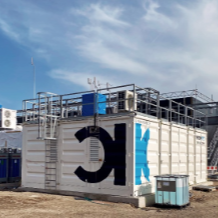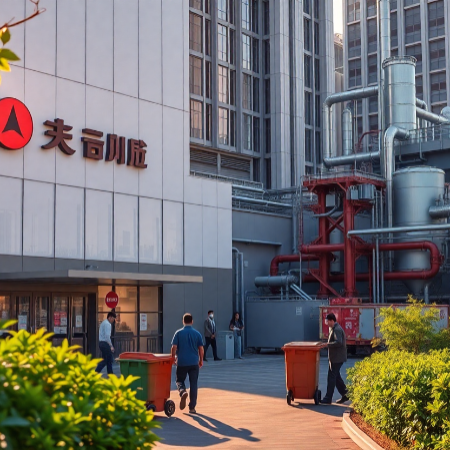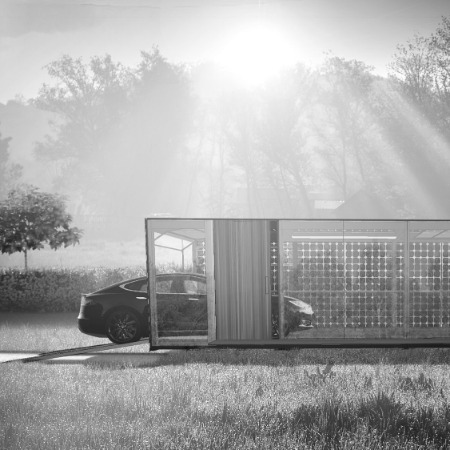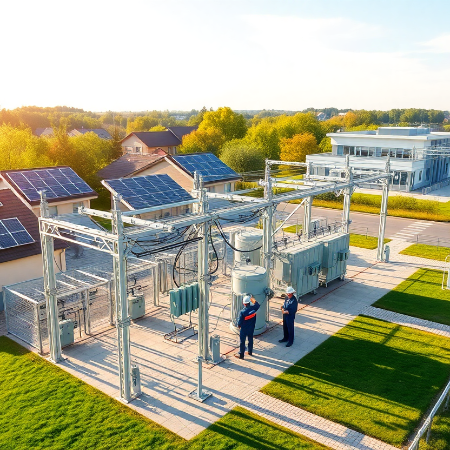01. Definition
What is the energy crisis?
In recent years, many scientists have raised their voice to warn about climate change, caused notably by the burning of oil and coal in order to produce energy.
Solutions to the energy crisis
Over the last two centuries, energy needs have skyrocketed dramatically, especially because of the transportation and industry sectors. However, fossil fuel are polluting and their reserves are limited. We know today that these resources are close to exhaustion and our societies are facing a major challenge: the energy crisis.

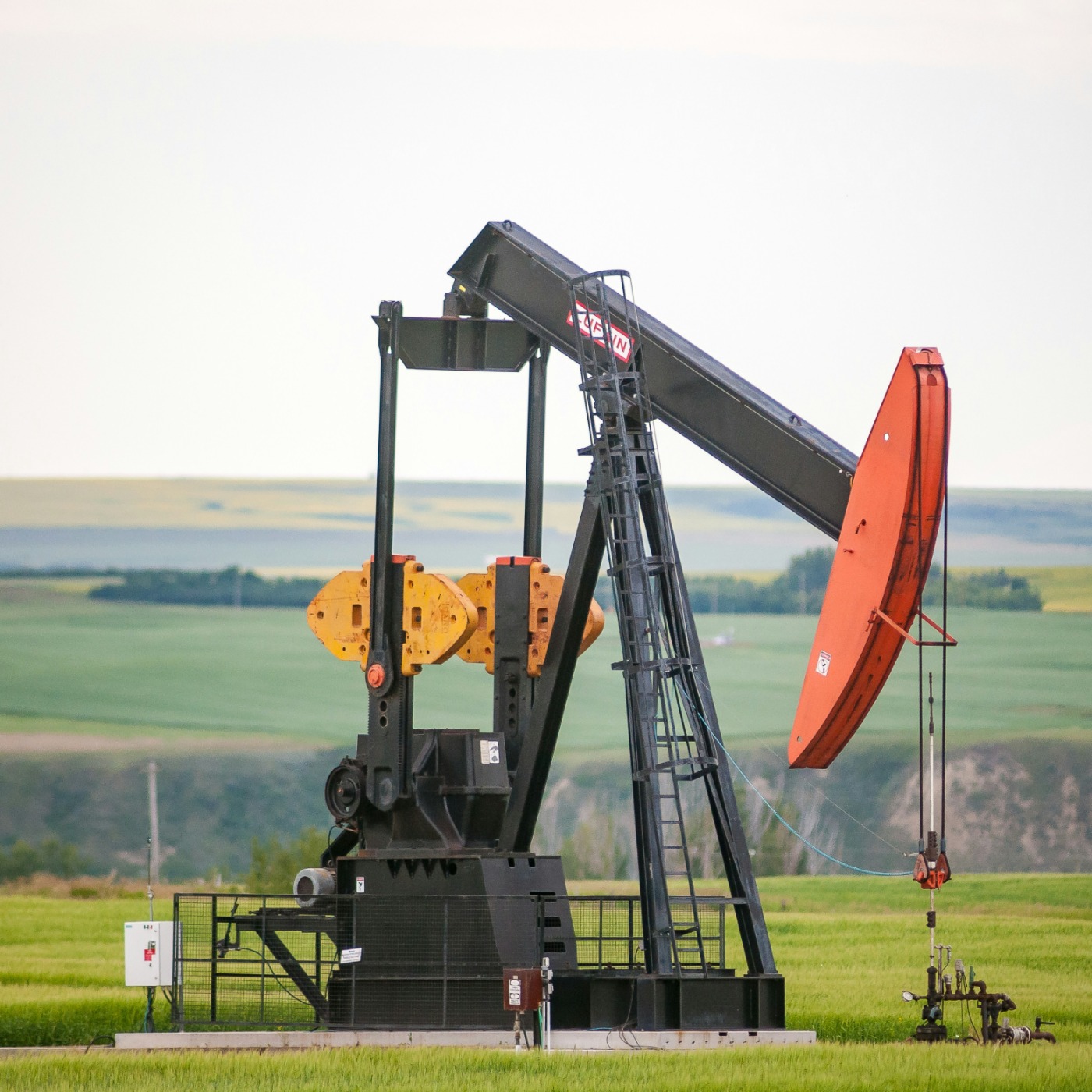
01. Definition

02. Causes
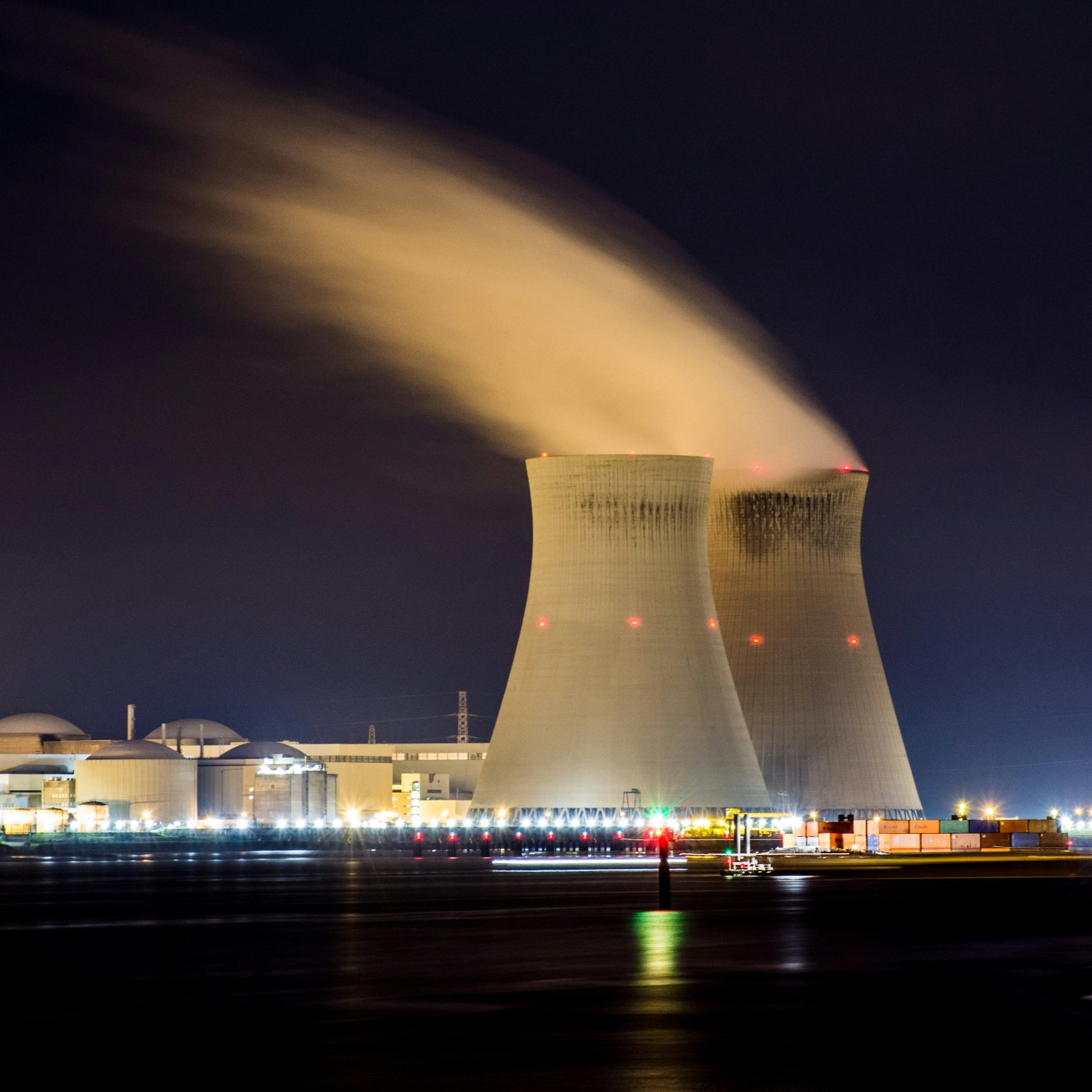
03. Impacts
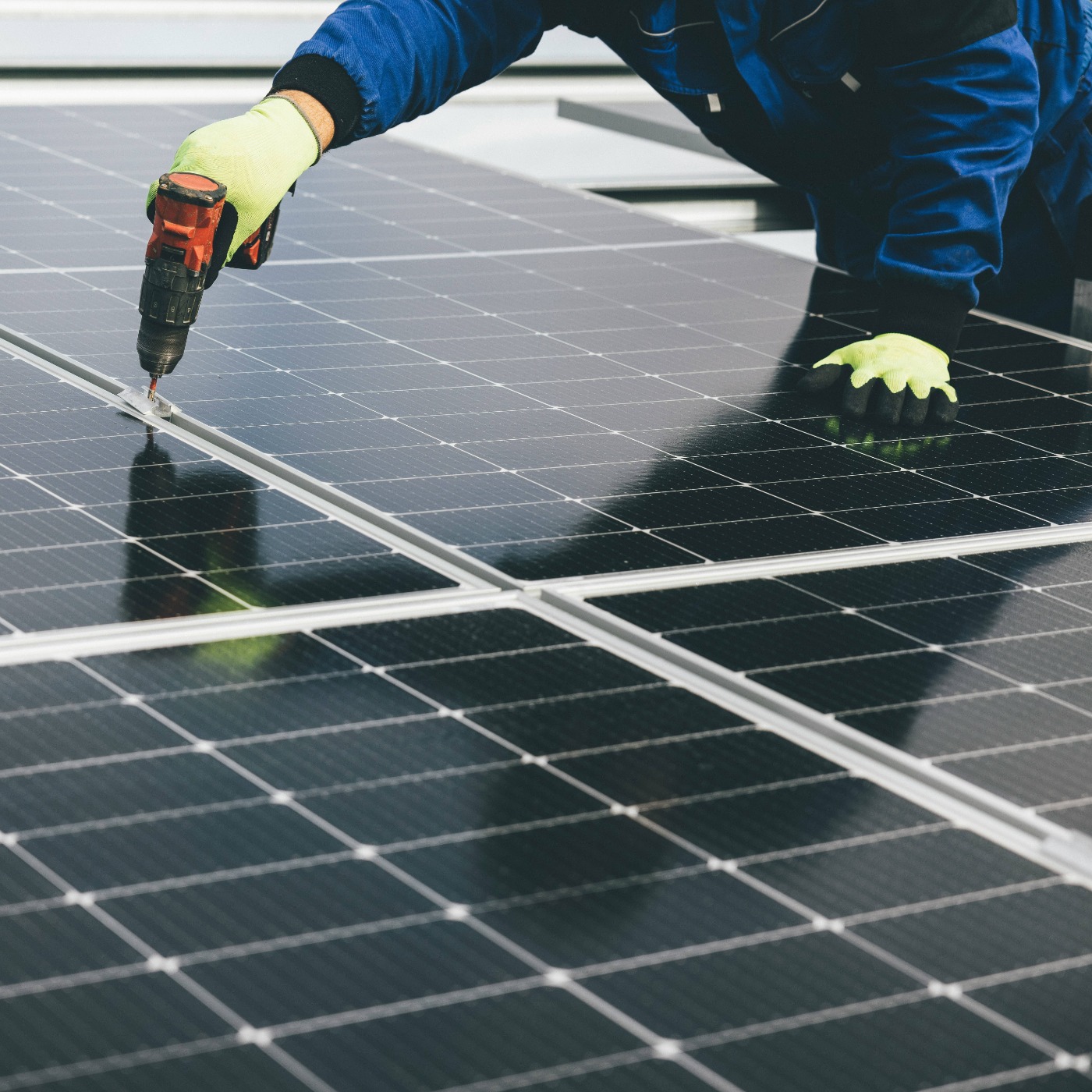
04. Solutions
05. Implementations
R.E.D.S. (Renewable Energy Digit System) by Volterres implemented by Valenciennes Métropole in Beuvrages (France) in 2020
INERGYS GreenPack by INERGYS implemented by Centre d’ Essais Climatiques de l’Aigoual in Mont Aigoual (France) in 2024
Athénergie® by KINTSUGI-LOWCARBON implemented by SMILE - smart grids in Nantes (France) in 2023
Hivenet by Hivenet implemented by Inria (French National Institute for Research in Digital Science and Technology) in Le Chesnay Cedex (France) in 2022
Eocycle/EO25 Distributed Wind Turbine by Eocycle Technologies Inc implemented by TARIMÖZ in Istanbul (Turkey) in 2024
Power-to-X modular chemical plants by Ineratec implemented by MPC Containerships, UNITI e.V. in Frankfurt am Main (Germany) in 2024
BioRenGaz Bioreactor by BioRenGaz implemented by Seppi Gaz in Issenheim (France) in 2024
SCAN by Geosophy by Geosophy implemented by IDF Investissements et Territoires in Saint-Ouen-sur-Seine (France) in 2022
SolarisKit by SolarisKit Ltd implemented by Zima Homes in Nairobi (Kenya) in 2024
Anaerobic bio-digester to proceed organic waste by ENWISE implemented by Auchan in Shanghai (China (Mainland)) in 2017
R8 Digital Operator Jenny by R8 Technologies implemented by Marriott Sopot Resort & Spa Hotel in Sopot (Poland) in 2023
Coomtech Kinetic Energy Drying System by Coomtech Ltd implemented by Hive Aggregates in Retford (United Kingdom) in 2023
WALLRUS Insulating panel by Wallrus implemented by LAÏ QINGBO in suzhou (China (Mainland)) in 2025
SOLARBOX by Sun Soak Design implemented by Stephano Immo in Brussels (Belgium) in 2021
Zephir by Istya implemented by Paris 2024 Olympic Village in Paris (France) in 2021
GridCal by PSInsight GmbH implemented by NGN Netzgesellschaft Niederrhein Mbh in Krefeld, Straelen, and Wachtendonk (Germany) in 2020

06. Conclusion





